Time Period: World War II through the Faubus Era (1941 - 1967)
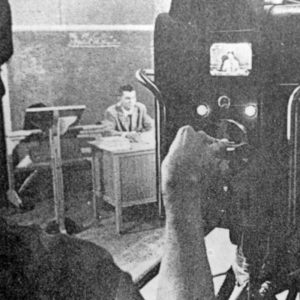 Lost Year Class
Lost Year Class
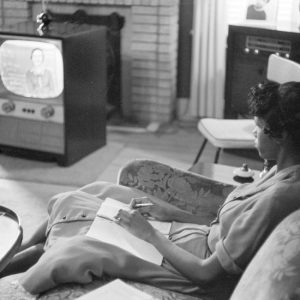 Lost Year Student
Lost Year Student
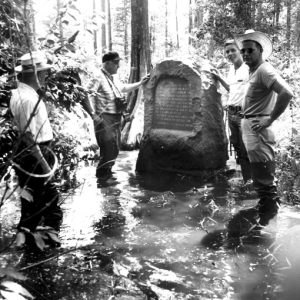 Louisiana Purchase Historic State Park
Louisiana Purchase Historic State Park
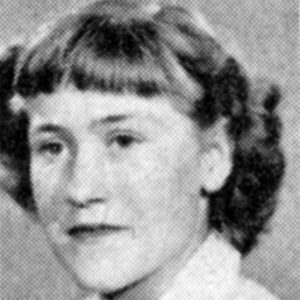 Betty Lowe
Betty Lowe
Lower Arkansas River Valley Schools, Desegregation of
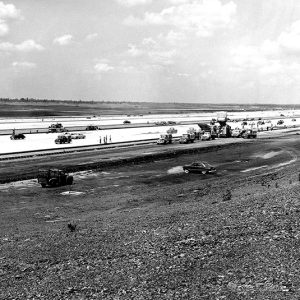 LRAFB Base Construction
LRAFB Base Construction
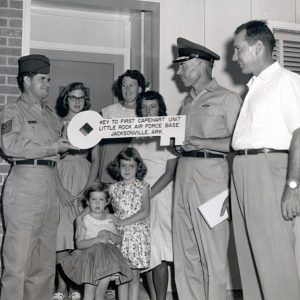 LRAFB Base Housing
LRAFB Base Housing
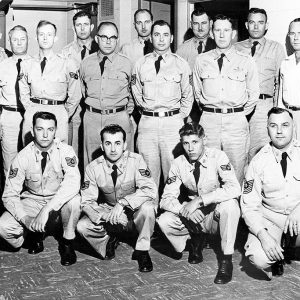 LRAFB Early Staff
LRAFB Early Staff
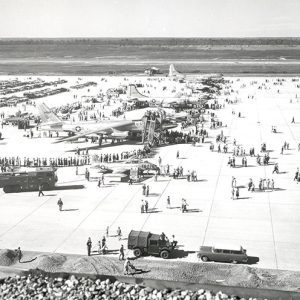 LRAFB Grand Opening Exhibits
LRAFB Grand Opening Exhibits
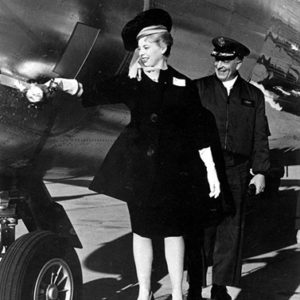 LRAFB KC-135 Christening
LRAFB KC-135 Christening
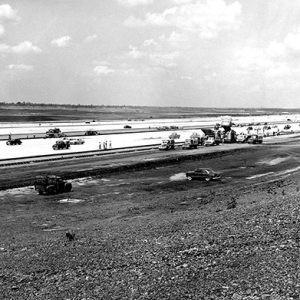 LRAFB Runway Construction
LRAFB Runway Construction
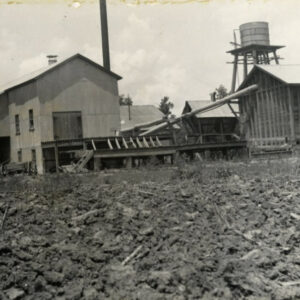 Lucerne Gin
Lucerne Gin
 Luckinbill on Stage
Luckinbill on Stage
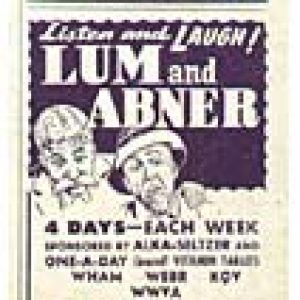 Lum and Abner Radio Show
Lum and Abner Radio Show
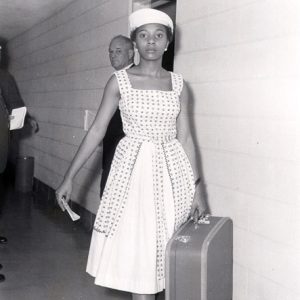 Annie Lumpkin
Annie Lumpkin
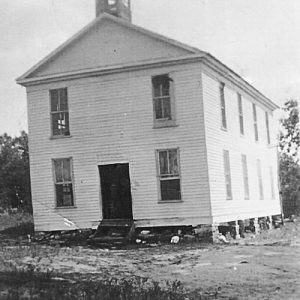 Lunenburg School
Lunenburg School
Lustron Houses
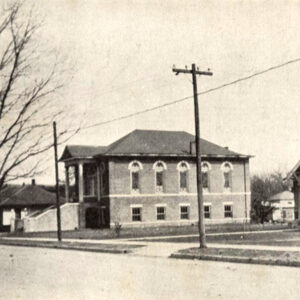 Luxora Church
Luxora Church
 Lewis E. Lyle
Lewis E. Lyle
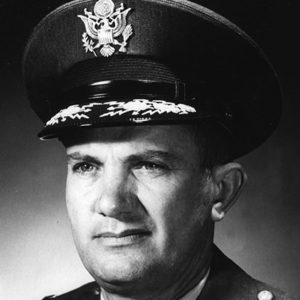 Lewis Lyle
Lewis Lyle
Lyle, Lewis Elton (Lew)
Lynwood Tourist Court Historic District
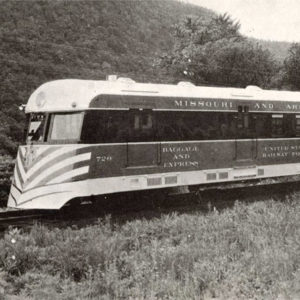 M&NA Train at Kensett
M&NA Train at Kensett
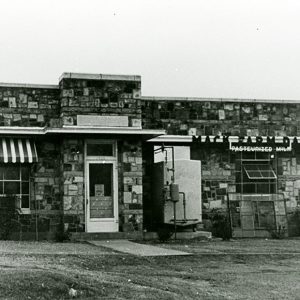 Mac Dairy
Mac Dairy
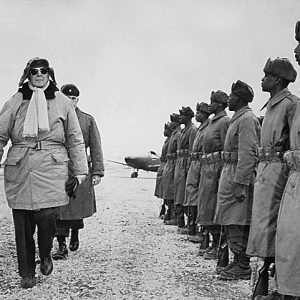 Douglas MacArthur
Douglas MacArthur
 MacArthur Candidacy
MacArthur Candidacy
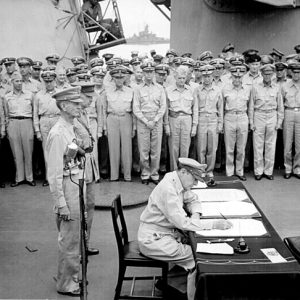 Douglas MacArthur
Douglas MacArthur
MacArthur, Douglas
MacKrell, James “Uncle Mac”
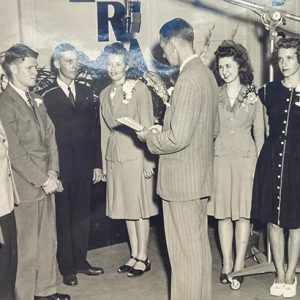 "Uncle Mac" Performing Wedding
"Uncle Mac" Performing Wedding
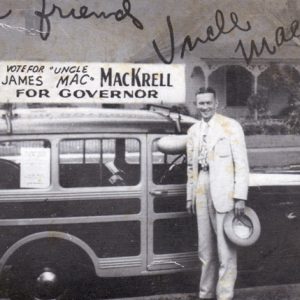 James MacKrell
James MacKrell
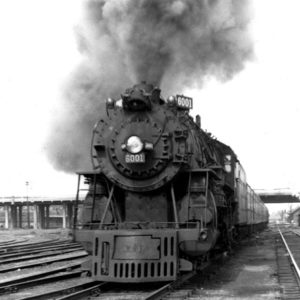 Madam Queen Locomotive
Madam Queen Locomotive
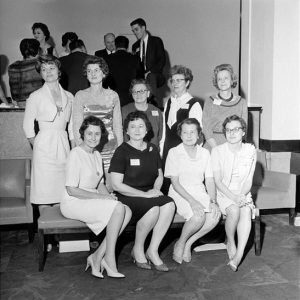 Betty Magie
Betty Magie
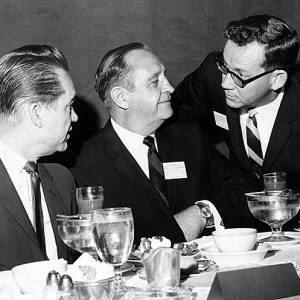 Cone Magie
Cone Magie
Magie, Futha Cone
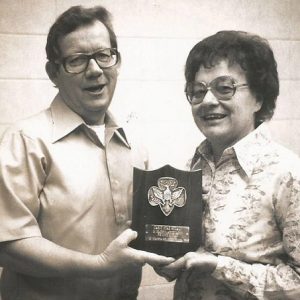 Cone and Betty Magie
Cone and Betty Magie
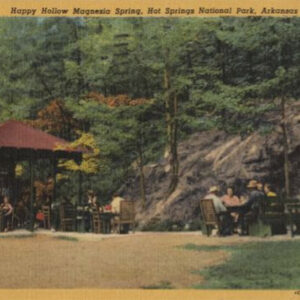 Magnesia Springs
Magnesia Springs
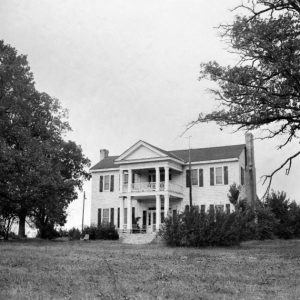 Magnolia Antebellum House
Magnolia Antebellum House
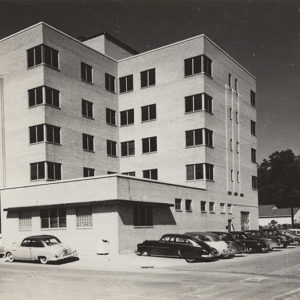 Magnolia Inn
Magnolia Inn
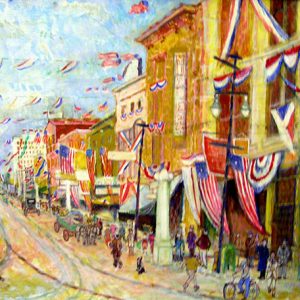 Main Street
Main Street
 Main Street Bridge - Looking South
Main Street Bridge - Looking South
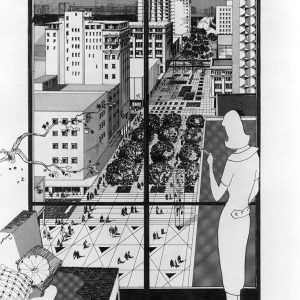 Main Street, 1969
Main Street, 1969
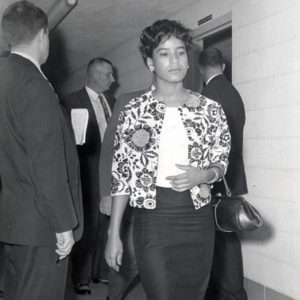 Bliss Anne Malone
Bliss Anne Malone
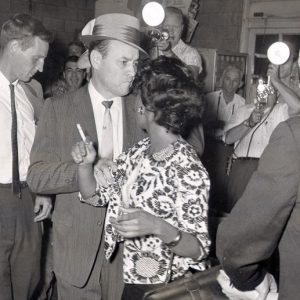 Arrest of Bliss Anne Malone
Arrest of Bliss Anne Malone
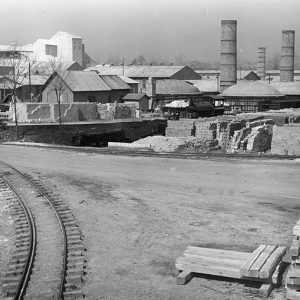 Malvern Brick and Tile
Malvern Brick and Tile
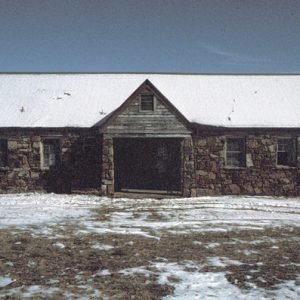 Maness Schoolhouse
Maness Schoolhouse
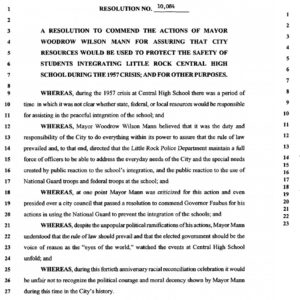 Mann Commendation Document
Mann Commendation Document
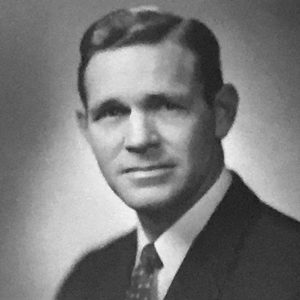 Woodrow Mann
Woodrow Mann




